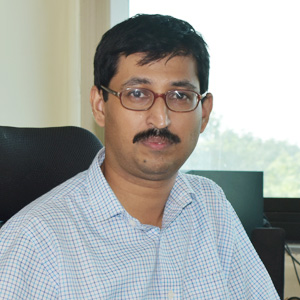Talk details
Title: How Indian Languages Can Benefit from the AI Wave
Speaker: Prof. Arnab Bhattacharya, Department of CSE, IITK
Date: 2nd February 2024
Time: 5:00 PM (IST)
Abstract:
Natural language processing has received a major boost with the advent of deep learning architectures. Sequence-to-sequence architectures, followed by transformers and large language models, have transformed the landscape in a definitive manner. Chatbots and instruction prompts have captured the imagination of the common people. Unfortunately, however, the hype has hidden many real issues, such as hallucination (where chatbots authoritatively generate wrong answers) and a lack of support for languages other than a handful of European languages. For example, questions asked in Sanskrit are answered in (wrong) Hindi due to the commonality of the script. In this talk, I will explore how Indian languages can benefit from the AI wave. Due to their commonality in grammar and structure, learning in one language can potentially transfer rules, which, in turn, can lead to better language models. I will further explain why the quality of corpus is important. In the end, I will try to lay down the roadmap for Indian languages and AI and emphasize why it is imperative that native speakers get involved.
Speaker’s bio
Professor Arnab Bhattacharya is a renowned faculty member in the Department of CSE at IIT Kanpur. He got his Ph.D. in CS from the University of California, Santa Barbara. His research encompasses various areas within computer science, including data mining, database systems, and bioinformatics, focusing on analyzing statistically significant patterns, spatial and temporal databases, skyline queries, and image data management for biological applications. He has received the IBM Faculty Research Award and an award from the Yahoo! Faculty Research and Engagement Program. Professor Bhattacharya is also involved in creating BharatGPT, underscoring his dedication to advancing natural language processing technologies for Indian languages. This project focuses on developing technologies that improve the understanding and generation of text in various Indian languages, making digital tools and services more accessible to a wider audience in India, given its rich linguistic diversity. He also has an extensive publication record, with a number of papers presented at prestigious conferences and journals.
